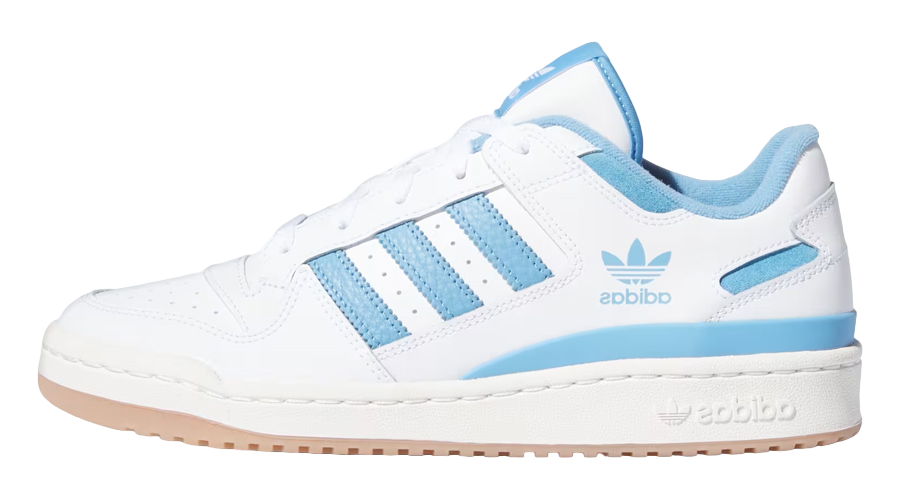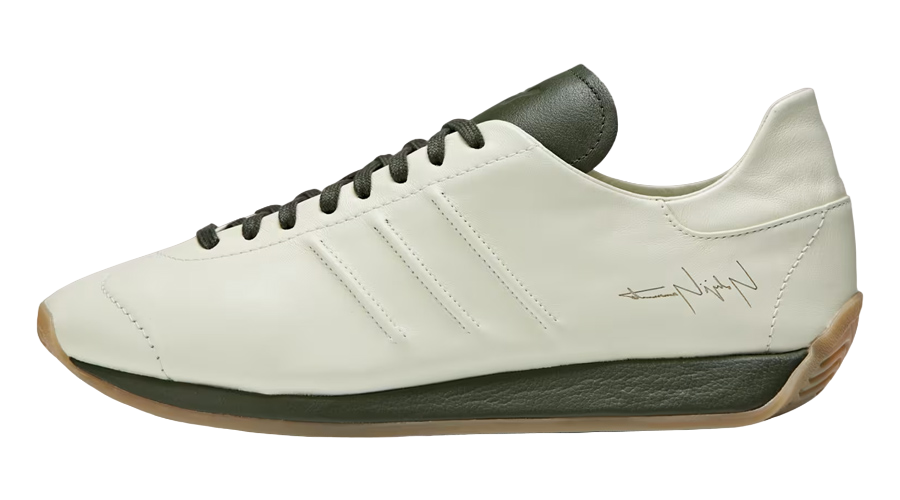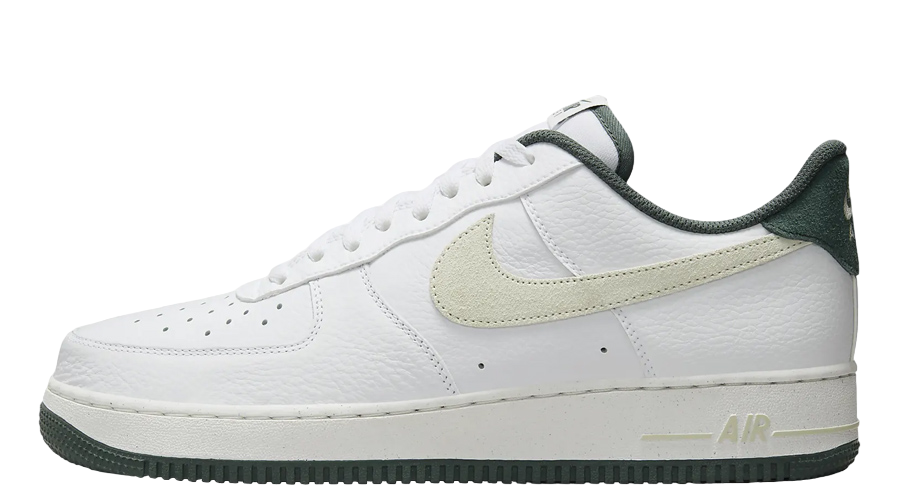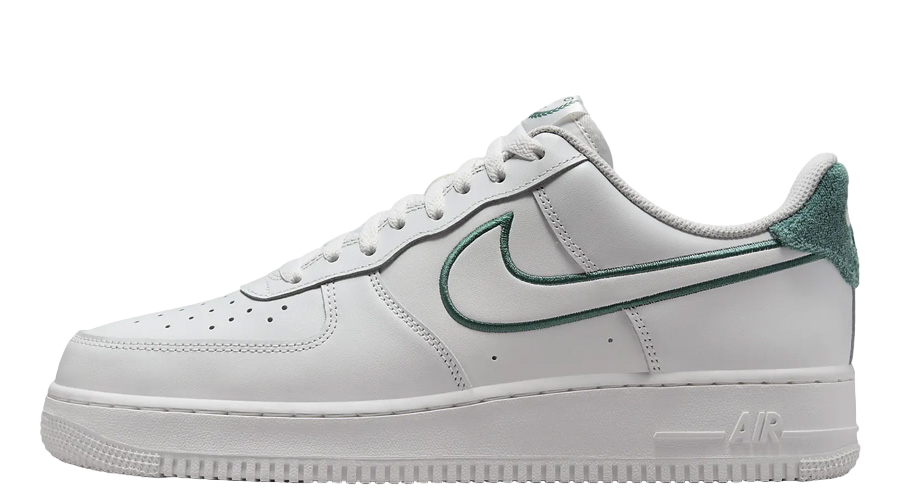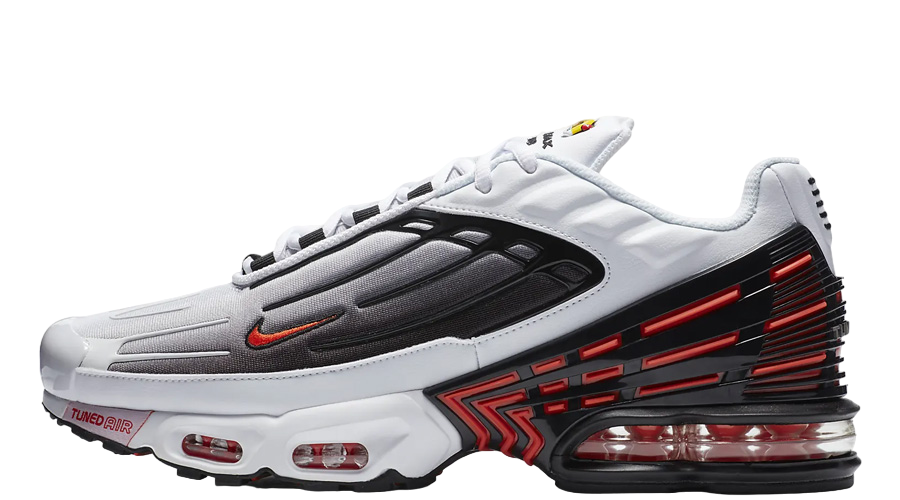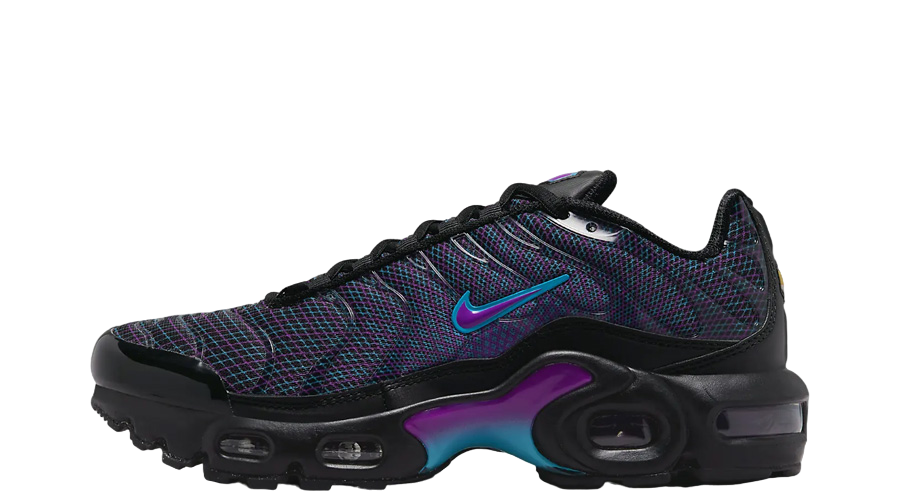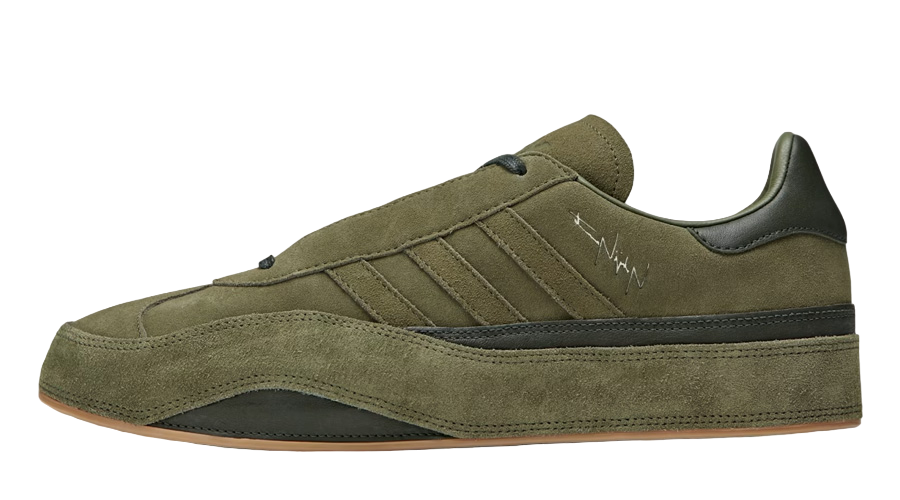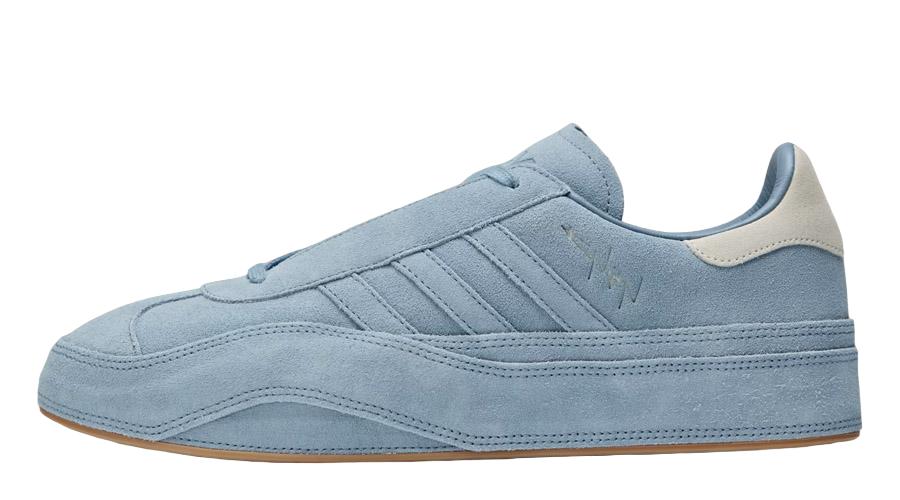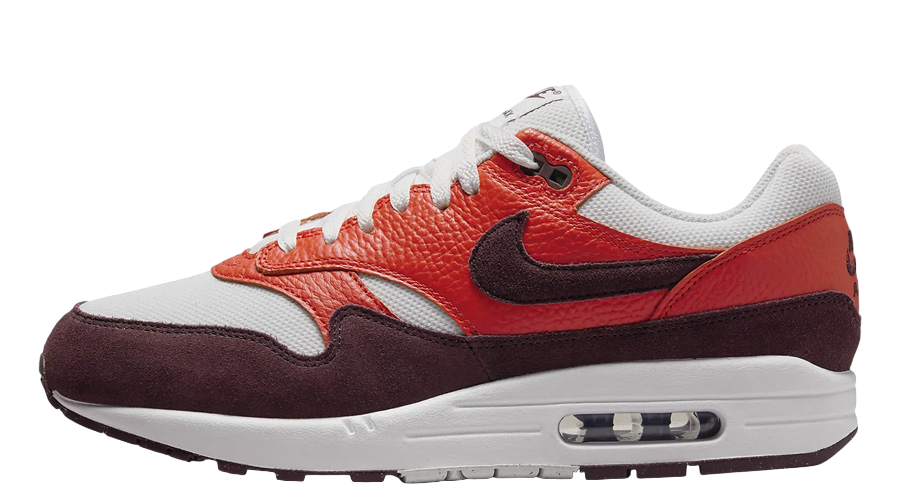What Are Air Jordans Made Out Of? Genuine Leather or Not?
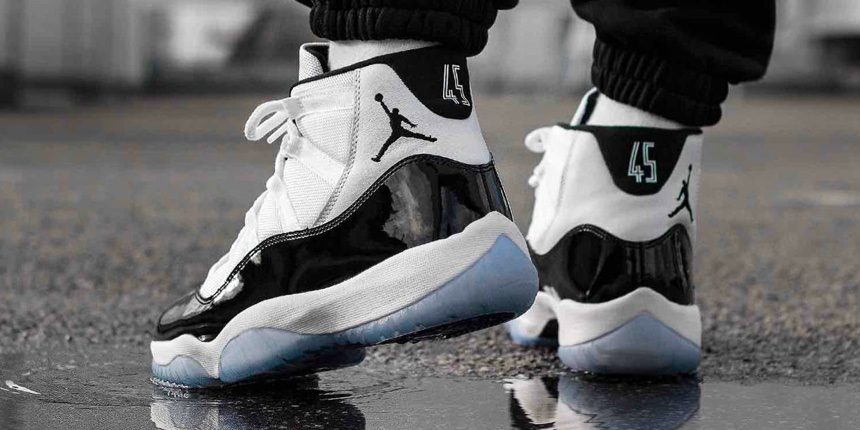
Air Jordan, under the broad banner of Nike, have long been favourites among sneaker fans. Their standout designs, mixed with their adaptability and buzz, ensure they’re a must-have in many shoe collections. But what exactly are they made from? In this article, we’ll explore the ins and outs of the materials behind these famed trainers.
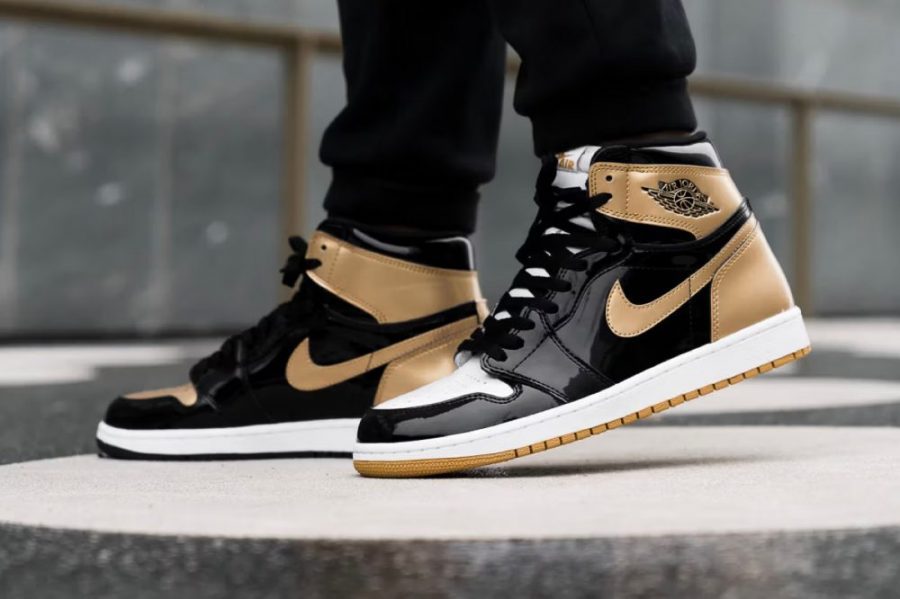
What Materials Are Air Jordans Made Of?
Air Jordan boast a combination of synthetic and natural materials, giving them their distinctive look and feel. The foundation usually involves a rubber sole for flexibility and grip. Up top, a variety of fabrics may be used, from mesh for breathability to leather for that sleek finish.
For many models, padding is essential, ensuring that the wearer gets both comfort and support. The inside typically features a cushioned insole, providing that soft step that every sneaker lover craves. Additionally, details like plastic eyelets, metal aglets, and various embellishments can be found on different models.
Craftsmanship is evident in every stitch. But among the materials, leather often stands out as a primary component. And that leads to a pressing question: what type of leather?
What Type of Leather is Used on Air Jordans?
Leather’s versatility means it can be treated in various ways to achieve different textures, finishes, and aesthetics. Jordans employ a range of these treatments.
- Standard Leather: The classic. Smooth and often shiny, this material is a staple for many shoe brands, Jordans included. It’s durable, resilient, and exudes a timeless charm.
- Patent Leather: A high-gloss finish sets patent leather apart. Found on numerous Jordans, this style gleams, adding a touch of luxe to the footwear.
- Nubuck Leather: Soft to the touch, nubuck leather offers a slightly muted, matte finish. Its delicate appearance belies its strength and durability.
- Tumbled Leather: Recognised by its unique, wrinkled texture, tumbled leather provides a vintage vibe, adding character to any Jordan it graces.
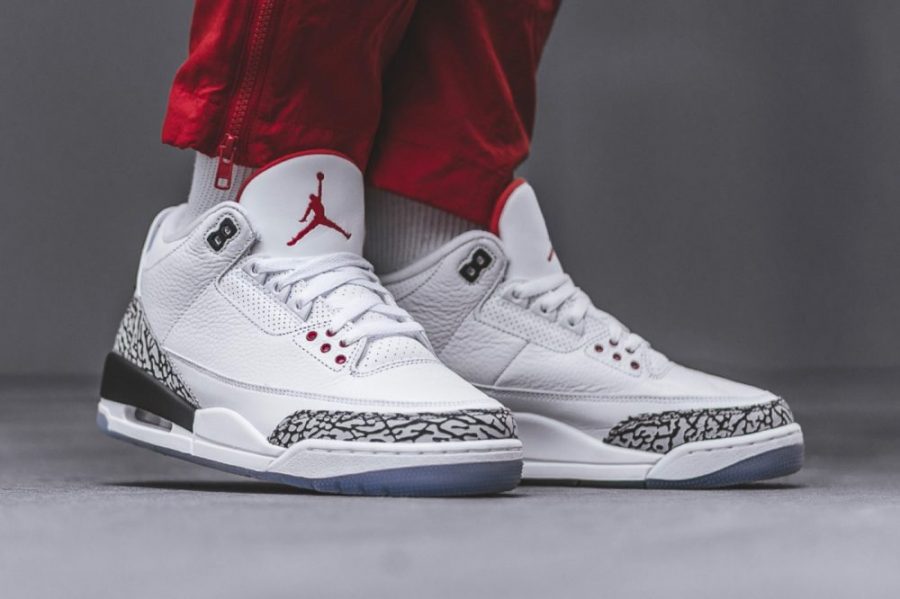
Do Air Jordans Contain Real Leather?
While Air Jordans do incorporate leather into many of their designs, it’s crucial to note that not all models are purely leather-based. Some mix synthetic materials with genuine leather, ensuring durability while also keeping the cost in check.
However, when real leather is used, it is often of high quality. This guarantees both aesthetics and longevity. For those concerned about authenticity, checking specific product descriptions can provide clarity. Unfortunately, most general releases nowadays feature synthetic leather as Jordan Brand prioritises mass production while keeping the cost low.
Lastly, Jordan’s commitment to sustainability means that, over time, there’s an increasing push towards using sustainable materials and practices, potentially affecting the type of leather used.
Are Air Jordans Durable?
Jordans are well-made due to the high-quality materials and excellent workmanship. The tough sole and solid stitching mean they can handle regular use.
People often say their Jordans last them a long time, showing the brand’s commitment to making long-lasting shoes. Even if the materials on the outside change, the shoes always maintain good quality. However, it’s important to note that looking after them with care in both usage and storage is essential to make them last even longer.
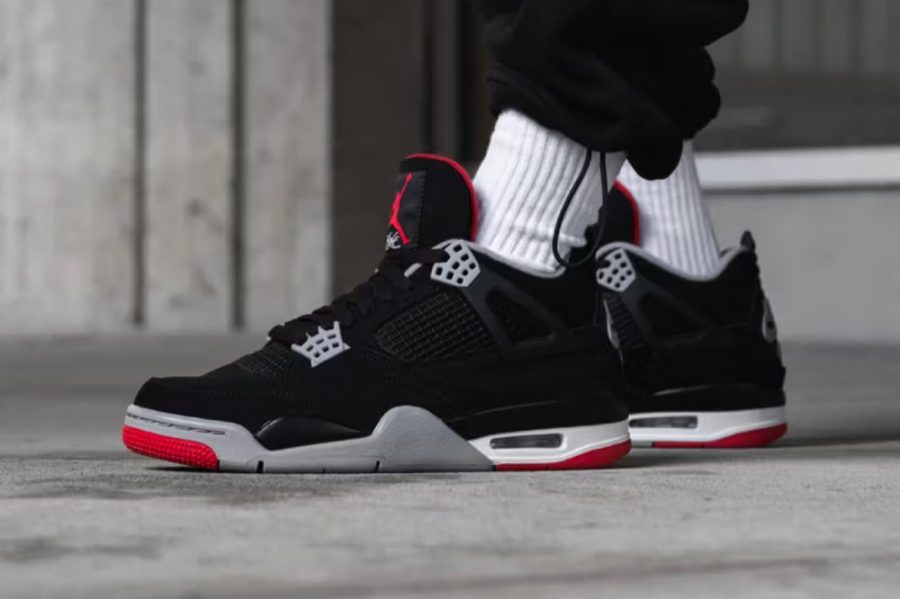
How Do You Keep Air Jordans Pristine?
To maintain their original lustre, it’s essential to clean them regularly. Using a soft brush or cloth, gently wipe away dirt. For stubborn stains, a mild soap solution can work wonders.
Avoid excessive moisture, as it can warp the shape and damage the materials. Always let them air dry and avoid direct sunlight, which can fade the colours. Lastly, consider using protective sprays, especially for the more delicate materials, to shield against potential damage and stains.
What Air Jordans Have the Best Material?
Determining the “best” material is subjective. However, classics like the Air Jordan 1s, renowned for their leather, often top enthusiasts’ lists. Other models, like the 11s, are celebrated for their patent leather shine and the 12s is notable for the utilisation of tumbled leather.
In essence, the “best” material boils down to personal preference. While some may vouch for the classic leather’s authenticity, others might lean towards the gleaming finish of patent leather or the soft touch of nubuck.
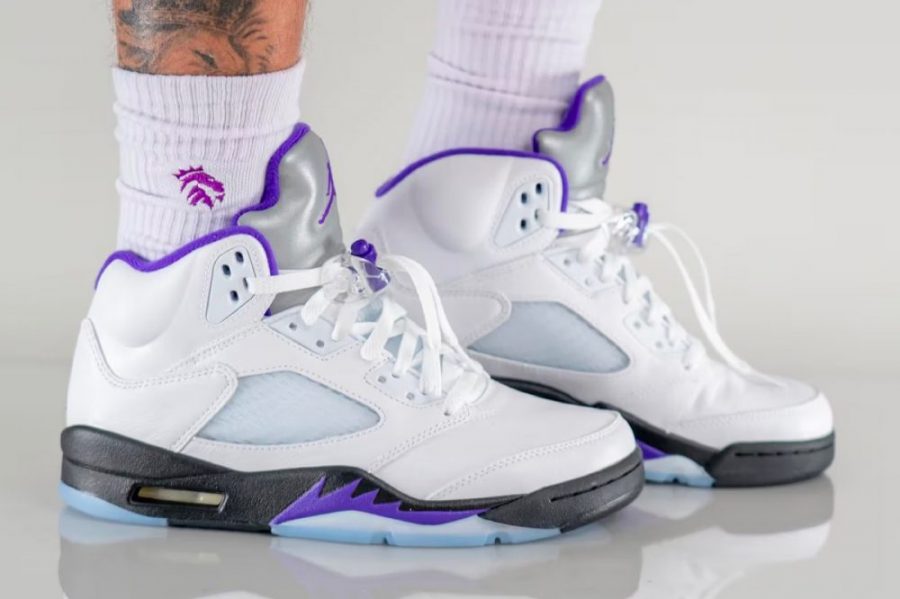
The Bottom Line
Air Jordans are known not only for their distinct design but also for their superb build quality. Crafted with the best materials and with meticulous attention to detail, they perfectly marry fashion with functionality. The sturdy sole and solid stitching guarantee that these sneakers can handle everyday wear and even more intense activities.
Many seasoned sneaker enthusiasts and casual wearers alike often share stories of their Jordans serving them well for years on end. This longevity isn’t a mere coincidence. It’s a reflection of the brand’s unwavering commitment to delivering shoes that don’t just look good, but also last. Every release, every model has this hallmark of durability.
Nevertheless, while Jordans are built to be robust, they aren’t immune to the passage of time. As with all valued items, a bit of regular maintenance and care can go a long way. Keeping them clean, storing them correctly, and avoiding extreme conditions can certainly add more years to their life.
Frequently Asked Questions
Are all Air Jordans made of leather?
No, while there are models that use leather, others incorporate synthetic materials or a mix of both.
How do I verify if my Air Jordans have genuine leather?
Check the specific product description or look for authenticity markers inside the shoe.
Do Air Jordans support sustainable practices?
Yes, the brand is increasingly pushing towards using sustainable materials and practices.
How often should I clean my Air Jordans?
Regular cleaning is recommended, but the frequency depends on wear and exposure to dirt.
